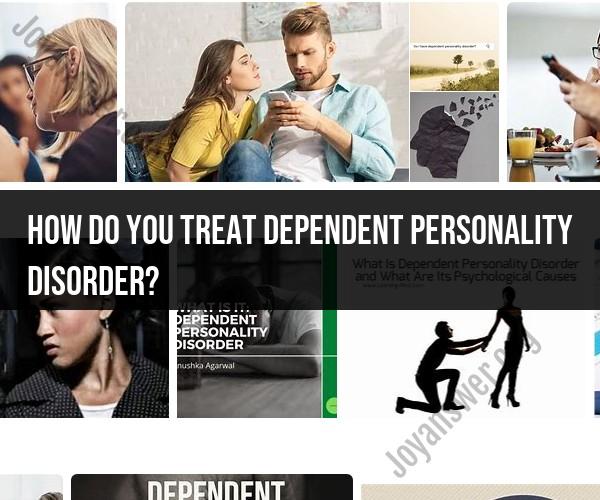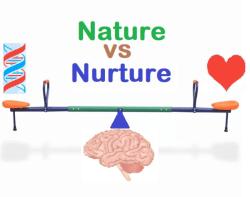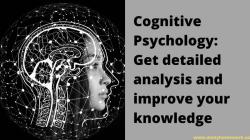How do you treat dependent personality disorder?
Dependent Personality Disorder (DPD) is a mental health condition characterized by an excessive need for others to take care of the individual, leading to submissive and clingy behavior. Treatment for DPD typically involves psychotherapy (talk therapy) and, in some cases, medication to address related symptoms such as anxiety or depression. Here are effective strategies for treating Dependent Personality Disorder:
Psychotherapy (Talk Therapy):
Cognitive-Behavioral Therapy (CBT): CBT helps individuals identify and challenge negative thought patterns and beliefs that contribute to their dependency. It teaches them healthier ways to cope with anxiety and make decisions.
Schema Therapy: This form of therapy is specifically designed to address long-standing patterns of behavior, such as dependence. It helps individuals identify and change core beliefs about themselves and their relationships.
Interpersonal Therapy (IPT): IPT focuses on improving interpersonal skills and communication. It helps individuals develop more satisfying and balanced relationships.
Psychodynamic Therapy: This therapy explores the unconscious processes and early life experiences that may have contributed to the development of DPD. It aims to bring insight into the root causes of dependency.
Group Therapy: Group therapy can be beneficial for individuals with DPD to learn from others, develop social skills, and receive support from peers who may have similar challenges.
Medication:
- While there are no specific medications for treating DPD itself, medication may be prescribed to manage symptoms commonly associated with the disorder, such as anxiety or depression.
Self-Help Strategies and Skills Development:
- Individuals with DPD can benefit from learning and practicing self-help strategies, including assertiveness training, problem-solving skills, and stress management techniques.
Improving Self-Esteem and Self-Confidence:
- Therapy can help individuals work on building their self-esteem and self-confidence. This involves recognizing their strengths, setting achievable goals, and gaining a more positive self-image.
Setting Boundaries: Learning to set healthy boundaries in relationships is crucial for individuals with DPD. Therapists can help clients understand the importance of boundaries and provide guidance on setting and maintaining them.
Building Independence: Therapy can focus on helping individuals develop their independence gradually. This may include setting small goals for making decisions and taking responsibility for various aspects of their lives.
Stress Reduction Techniques: Learning relaxation techniques, such as deep breathing, mindfulness, or meditation, can help individuals manage anxiety and reduce their dependence on others for emotional support.
Supportive Relationships: Encouraging individuals with DPD to build supportive and healthy relationships outside of therapy can be beneficial. This can help them practice new skills and reduce reliance on a single person.
Continued Therapy and Support: The treatment of DPD often requires ongoing therapy and support. Long-term therapy can help individuals maintain progress and address any relapses or setbacks.
It's important to note that the treatment approach may vary depending on the individual's specific needs and the severity of their symptoms. Additionally, individuals with DPD may need ongoing support and therapy to maintain their progress and develop healthier ways of relating to others and themselves. Seeking help from a qualified mental health professional is essential for a comprehensive assessment and the development of a tailored treatment plan.
Treating Dependent Personality Disorder: Strategies for Support and Recovery
Dependent personality disorder (DPD) is a mental health condition in which a person has an excessive need to be taken care of, to the point where it interferes with their ability to function independently. People with DPD often have a deep-seated fear of abandonment and may go to great lengths to avoid being alone.
DPD can be a difficult condition to treat, but it is possible to recover with the right support and treatment. Here are some strategies for treating DPD:
- Cognitive behavioral therapy (CBT): CBT is a type of therapy that helps people identify and change negative thought patterns and behaviors. CBT can be helpful for people with DPD to develop a stronger sense of self, learn to make decisions independently, and reduce their fear of abandonment.
- Psychodynamic therapy: Psychodynamic therapy is a type of therapy that helps people understand the unconscious motivations behind their thoughts and behaviors. Psychodynamic therapy can be helpful for people with DPD to identify the root causes of their dependency and develop healthier coping mechanisms.
- Group therapy: Group therapy can be a helpful way for people with DPD to connect with others who are facing similar challenges. Group therapy can provide a safe space for people to share their experiences, learn from each other, and offer support.
In addition to therapy, there are a number of things that people with DPD can do to support their own recovery. Here are a few tips:
- Develop a strong support network: Having a strong support network of friends and family can be helpful for people with DPD to feel loved and supported.
- Set realistic goals: Setting realistic goals can help people with DPD to build confidence and independence.
- Challenge negative thoughts: People with DPD often have negative thoughts about themselves and their abilities. It is important to challenge these negative thoughts and replace them with more realistic ones.
- Practice self-care: Taking care of oneself both physically and emotionally is important for everyone, but it is especially important for people with DPD. Make sure to get enough sleep, eat a healthy diet, and exercise regularly.
If you are struggling with DPD, please know that you are not alone. There is help available, and it is possible to recover. Please reach out to a mental health professional for support.












